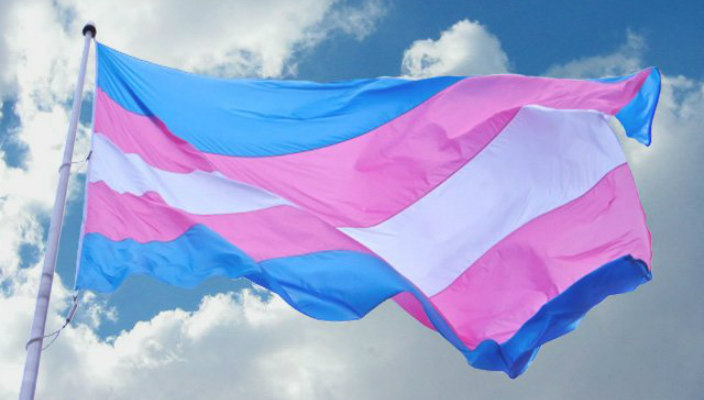
BARRIERS to transgender people in Northern Ireland securing official acknowledgment of their preferred identity are to be removed by a settlement reached in a High Court challenge.
Earlier this year a judge ruled that requiring a woman seeking a gender recognition certificate to prove she is suffering from a “disorder” was incompatible with her human rights.
Issues remained unresolved over the obligation for applicants to provide two medical reports – one from a GP and one from a specialist in the field of gender dysphoria.
But the Belfast Health Trust has now agreed to provide the woman, referred to as JR 111, with access to the necessary consultant.
It will also fund assessments and reports for current and previous patients at a regional gender identity clinic in the city.
With the confirmation bringing an end to JR 111’s challenge, her solicitor described the outcome as a great relief after spending years trying to obtain medical reports.
Ciaran Moynagh of Phoenix Law said: “More widely, it is a significant development for all trans people in Northern Ireland who are seeking a gender recognition certificate but have faced the same fundamental barrier.
“This barrier of not being able to access a specialist medical practitioner no longer exists and individuals should have confidence to make an application.”
The woman at the centre of the case, who began her transition more than 20 years ago, took legal action in a bid to obtain a new birth certificate.
Judicial review proceedings against the Government Equalities Office focused on the terms of the Gender Recognition Act 2004.
Her lawyers argued that having to provide evidence of a specific disorder – gender dysphoria – amounted to unlawful stigmatisation.
She claimed in an affidavit that the legal obligation caused her to feel shame and distress.
“It makes me feel that what I am, at the core of my being, in terms of my gender identity, is pathological and disordered,” she stated.
“As the evidence before the court demonstrates, such feelings are not unique to me but, sadly, are all too common for trans people.”
In May this year a High Court judge ruled that the specific requirement to prove she was suffering from a disorder was unjustified and incompatible with the European Convention on Human Rights.
A further hearing on how to deal with the identified incompatibility was due to take place next month.
But instead the trust is now set to ensure access to reports for all those seeking a gender recognition certificate.
Mr Moynagh added: “Up until today, very often only those that could afford private consultant appointments, usually across the water, could obtain such reports.”
Source Irish News